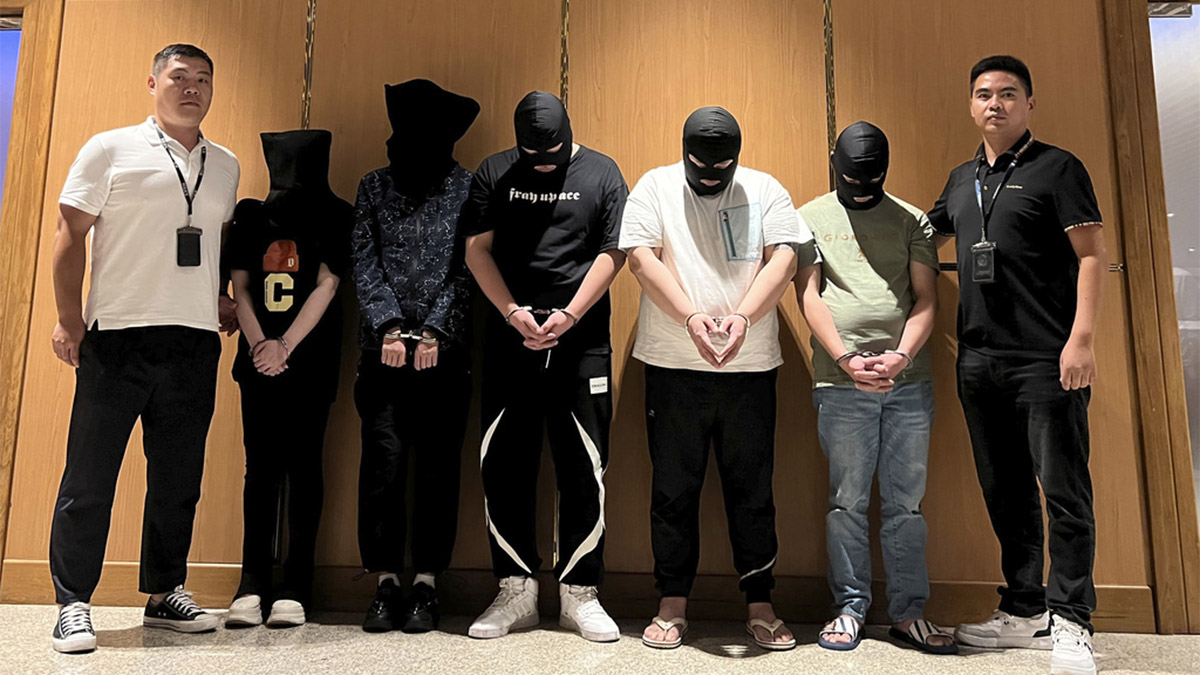China continues to grapple with rampant fraud networks exploiting its citizens near the Thailand-Myanmar border, as international criminal gangs lure victims abroad and force them into illegal activities.
The recent abduction of Chinese actor Wang Xing– which became a high-profile case– has brought the spotlight on the persistent problem.
Public outrage on social media
Wang was deceived by a fake casting agent offering a film role in Thailand. Upon arriving, he was taken to the border town of Mae Sot, smuggled into Myanmar, and imprisoned in compounds run by fraud syndicates, South China Morning Post reported.
While Wang was eventually rescued– thanks largely to a social media campaign led by his girlfriend– thousands of Chinese citizens remain trapped in similar conditions.
This has sparked public outrage and led to questions about Beijing’s efforts to address the crisis.
Chinese social media is rife with accounts of families searching for loved ones who disappeared under similar circumstances. A database compiled by one victim’s family has identified roughly 2,000 cases, predominantly young men, some as young as 15.
China’s crackdowns lagging
Southeast Asia has become a hub for international fraud rings targeting Chinese citizens, bolstered by weak border controls, inconsistent law enforcement, and proximity to China.
These gangs, often led by ethnic Chinese crime syndicates, migrated from China after domestic crackdowns forced them to relocate.
One of their key tactics is offering fake job opportunities with promises of high salaries, preying on individuals struggling with China’s sluggish economy, low-paying jobs, and mounting personal debt.
Victims are often trafficked from underdeveloped areas like Yunnan and Guangxi through established smuggling routes in the Golden Triangle (known for opium trade) and other border regions.
Myanmar, particularly its conflict-ridden border zones, has become a central base for these gangs. The instability caused by ongoing clashes between Myanmar’s military junta and ethnic rebel groups has allowed criminal networks to operate with near impunity.
Impact Shorts
More ShortsChina’s cooperation with Myanmar and other neighbouring nations has led to joint operations and arrests of key crime figures, including the extradition of several leaders.
Yet, these efforts have only pushed the gangs to relocate, with many now operating in Myawaddy, where Wang was held captive.
While China declared last year that major telecom fraud hubs near the Myanmar border had been dismantled and tens of thousands of suspects detained, the problem persists.


)

)
)
)
)
)
)
)
)



